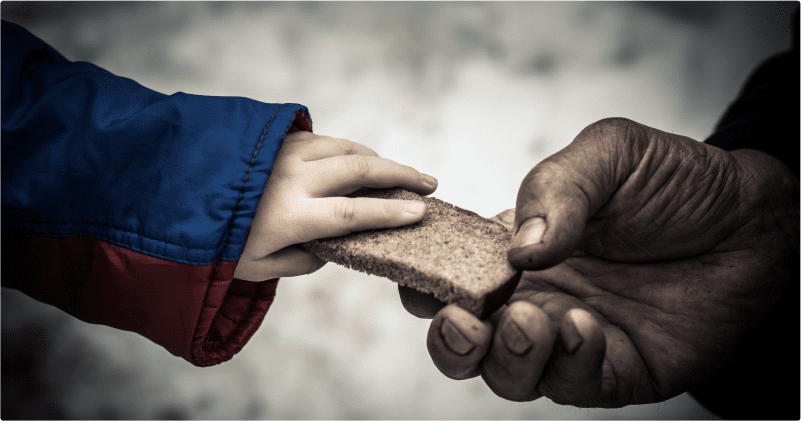Sadaqah Money
Sadaqah is a voluntary and charitable act of giving in Islam.
Sadaqah is encouraged in Islam as a means
of purifying one’s wealth and seeking the pleasure of Allah, while also
addressing the needs of the less fortunate in society.

Acts of Generosity
It involves giving to those in need or supporting various charitable causes as an expression of generosity and compassion. Unlike Zakat, which is obligatory and has specific guidelines for wealth distribution, Sadaqah is entirely voluntary, and the giver has the flexibility to choose the recipients and the amount to be given. It can take various forms, including financial donations, providing food, clothing, or any form of assistance to those less fortunate. It is considered a virtuous and selfless act that benefits both the giver and the recipients, promoting social welfare and solidarity.
